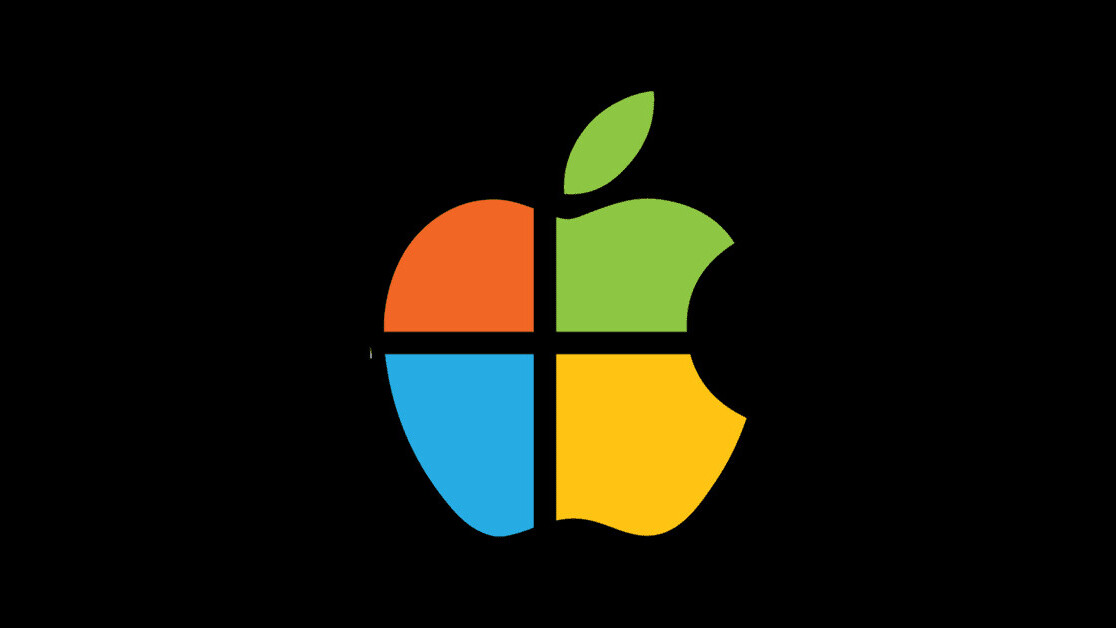Justin Millman was always a fixer-upper. He grew up tinkering with electronics before opening a repair shop in Westbury, New York, a few blocks south of the Long Island Expressway. Students from a nearby school began to arrive with their broken instruments, and business was so good that Millman only worked on those. He now repairs around 2,000 iPads and Chromebooks every month, devices that have become educational necessities since the pandemic.

Millman, on the other hand, is not always able to repair them. It’s not because he can’t do it technically. It’s because the parts and schematics aren’t usable, which is typically due to computer suppliers, including some of the world’s wealthiest corporations, such as Microsoft Corp. and Alphabet Inc.
Several students recently presented to Millman with faulty WiFi cards on their Chromebooks, which are laptops that only function when connected to the internet.
Millman clarified that the card widget is “not a particularly difficult or expensive part,” but the laptop devices supplier wants a special devices model to be installed, and Millman isn’t even on the list of approved repair providers. He claims that 25 of the schools he works with have the same error. “And that’s just me,” he said.
Devices Repair
For years, electronics firms have placed stringent restrictions on who can repair chipped iPhones, damaged game consoles, and a plethora of other non-working (or defective) devices.
As part of an industry alliance, TechNet, a trade association representing many major tech companies including Google and Apple, sent letters to lawmakers in several states.
Allowing unvetted third parties access to confidential diagnostic information, software, equipment, and parts will jeopardise the safety and security of consumers’ devices and put consumers at risk of fraud, according to David Edmonson, a TechNet vice president. “States have consistently rejected bills like this, with 25 states alone choosing not to take some action last year.”









































